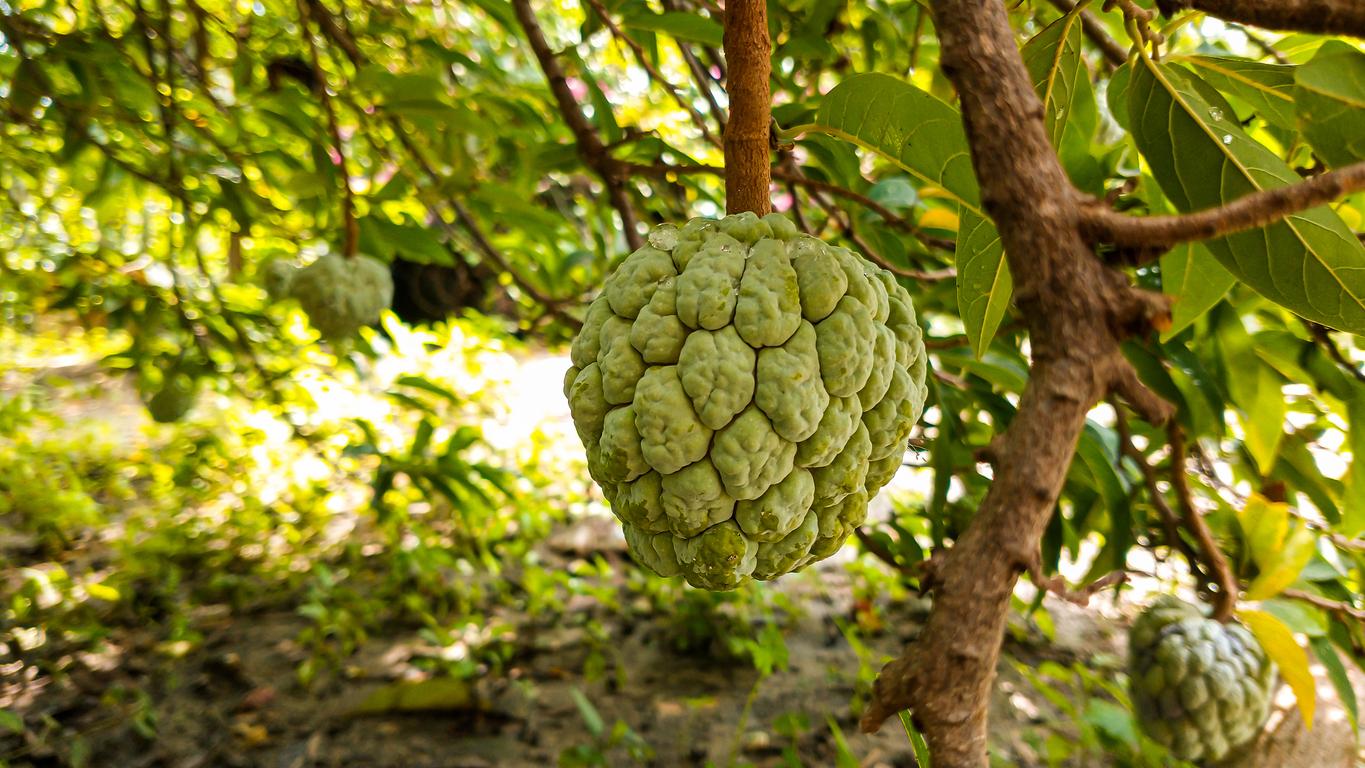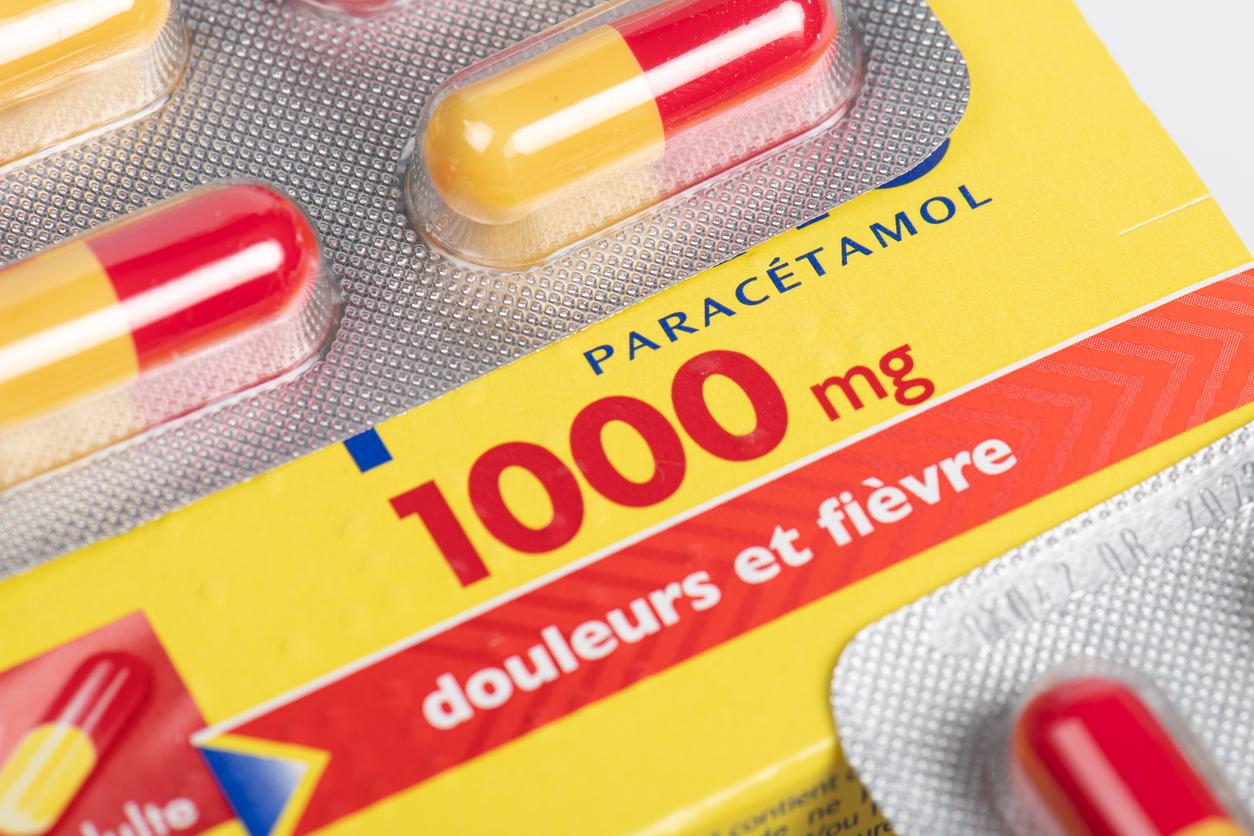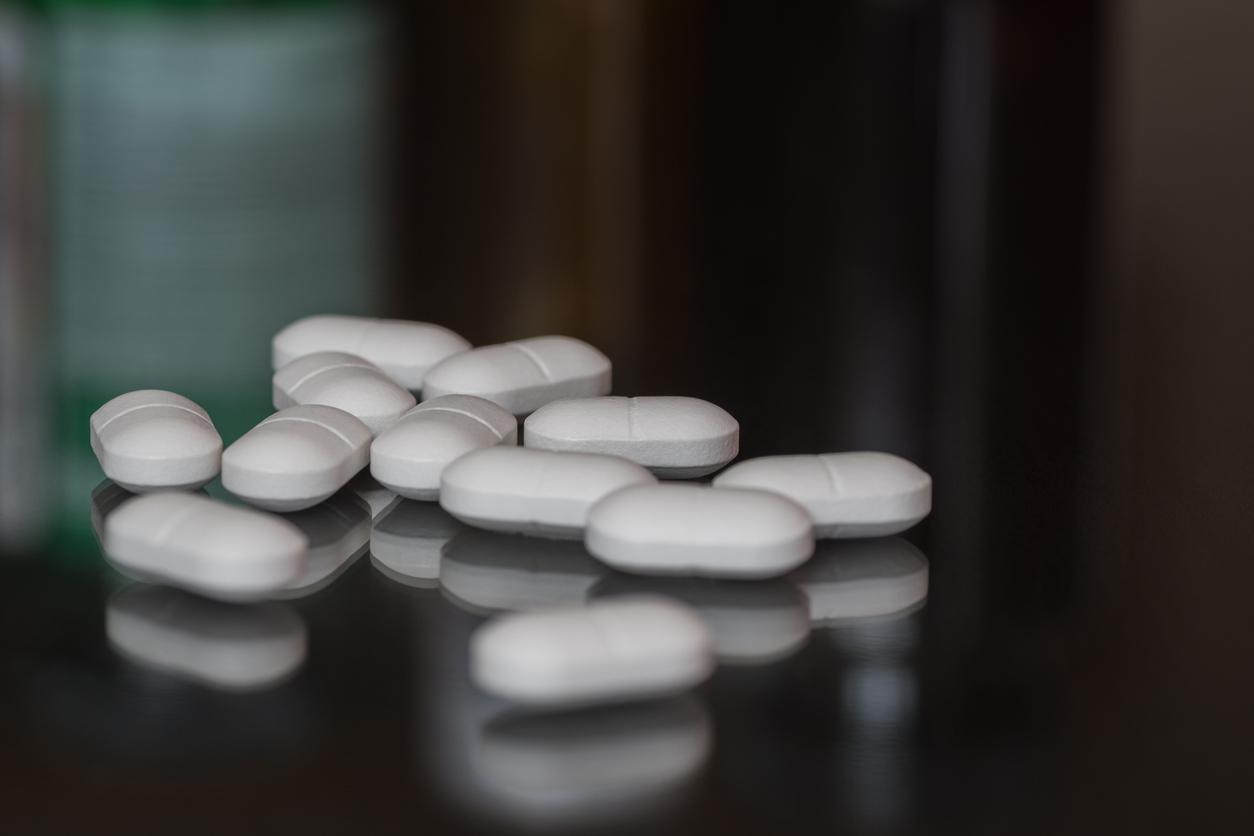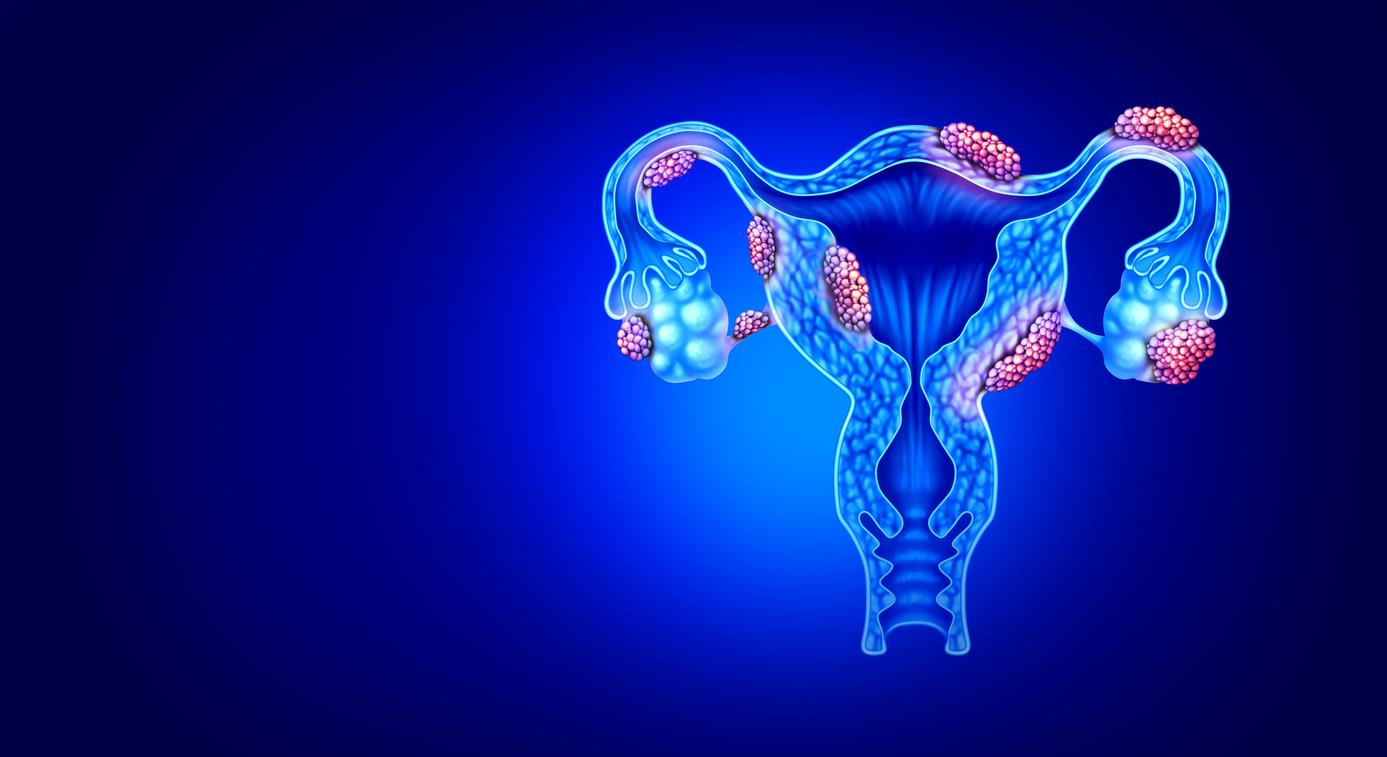July 29, 2009 – Analgesic creams such as Bengay® or Antiphlogistine® are ineffective in relieving acute pain in muscles or joints, according to a research team from the University of Oxford, England. When it comes time to tackle chronic pain, it wouldn’t help much.
The authors of the study were interested in rubefacient balms: these salicylate-based ointments2 or nicotinamides3 (often mixed with other ingredients like camphor, menthol, or capsaicin, for example). The researchers sifted through the results of 16 clinical studies before drawing their conclusions.
In the case of acute pain (sprain or straining, for example), researchers found that one in three people were relieved by the balms. Digging deeper, however, and ruling out poor quality clinical studies, they realized that no real difference existed between balms and placebos.
Looking at chronic pain (arthritis, osteoarthritis, etc.), they noted that only one in six people experienced some relief from creams.
Reddening creams cause blood vessels to dilate and make the skin red. They are supposed to provide relief to patients by “distracting” them from their pain, thanks to the soothing sensation associated with the heat they give off.
Dominique Forget – PasseportSanté.net
1. Matthews P, Derry S et al. Topical rubefacients for acute and chronic pain in adults, Cochrane Database Syst Rev. 2009 Jul 8; (3).
2. Nicotinamide – or niacinamide – is a vitamin B3 compound that is said to have anti-inflammatory properties.
3. Salicylate is a component of acetylsalicylic acid (Aspirin®).















